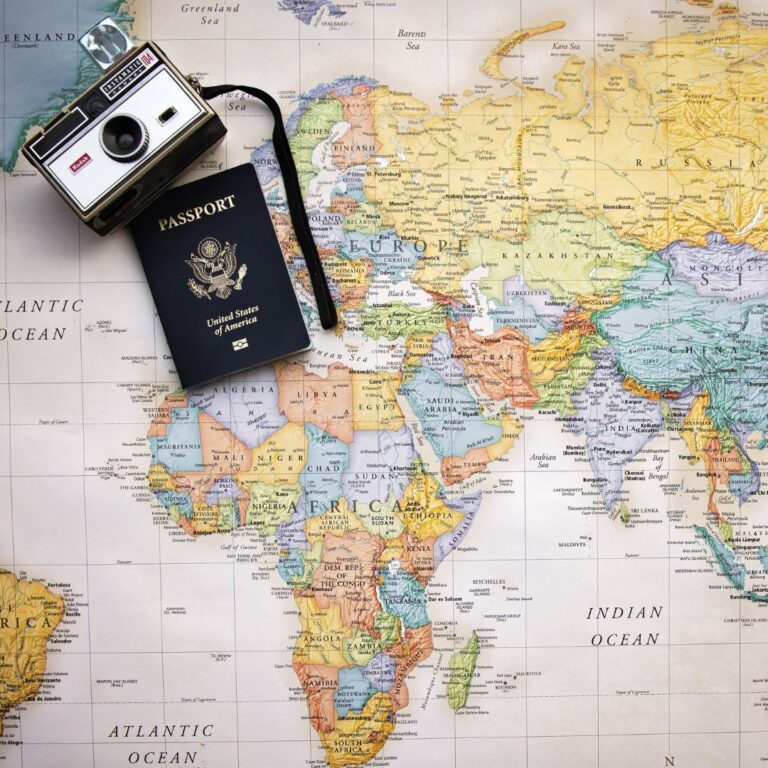In a world that often values speed and efficiency, the concept of slow travel is gaining traction among travelers seeking a deeper connection with the places they visit. Unlike conventional tourism, which often prioritizes ticking off a checklist of attractions, slow travel emphasizes immersion, sustainability, and meaningful experiences. This approach not only enriches the travel experience but also benefits local communities and the environment.
The Essence of Slow Travel
1. Quality Over Quantity
Slow travel is about savoring each moment rather than rushing from one destination to another. It encourages travelers to spend more time in fewer places, allowing for a deeper exploration of local culture, traditions, and lifestyles. This approach leads to more memorable and fulfilling experiences, as travelers can form genuine connections with the people and places they encounter.
2. Sustainable and Responsible Tourism
One of the core principles of slow travel is sustainability. By staying longer in one place, travelers can reduce their carbon footprint, support local economies, and engage in environmentally friendly practices. This might include staying in eco-friendly accommodations, dining at locally owned restaurants, and participating in community-based tourism initiatives.
3. Immersive Cultural Experiences
Slow travel fosters a greater appreciation for local culture and traditions. Instead of following a rigid itinerary, travelers can take the time to learn the local language, participate in cultural events, and engage with residents. This immersion leads to a richer understanding of the destination and promotes cultural exchange and mutual respect.
Benefits of Slow Travel
1. Reduced Environmental Impact
Traveling slowly often means relying less on fast transportation modes such as airplanes and high-speed trains, which are major contributors to carbon emissions. Instead, slow travelers may choose to walk, bike, or use public transportation, significantly reducing their environmental impact. Additionally, staying in one place longer helps lessen the overall carbon footprint associated with frequent travel.
2. Economic Benefits for Local Communities
By spending more time in a destination, slow travelers can contribute more meaningfully to the local economy. They are likely to spend money on local services, accommodations, and products, providing a more substantial economic boost to small businesses and local artisans. This approach supports sustainable tourism development and helps preserve the cultural and social fabric of the community.
3. Enhanced Personal Well-Being
Slow travel encourages a more relaxed and mindful approach to exploring new places. Without the pressure to see and do everything in a short time, travelers can experience lower stress levels and greater enjoyment. The focus on meaningful interactions and experiences also promotes personal growth and a deeper sense of fulfillment.
Practical Tips for Embracing Slow Travel
1. Choose Your Destinations Wisely
Select destinations that offer a variety of experiences and opportunities for cultural immersion. Smaller towns and rural areas often provide a more authentic and relaxed atmosphere than bustling tourist hubs.
2. Plan for Longer Stays
Opt for extended stays in one location rather than hopping between multiple destinations. This allows you to fully immerse yourself in the local culture and develop a routine that feels more like living than vacationing.
3. Travel Light and Mindfully
Pack light to make it easier to move around and engage in spontaneous activities. Practice mindful travel by being present in the moment, observing your surroundings, and interacting respectfully with locals.
4. Support Local Businesses
Stay in locally owned accommodations, eat at local restaurants, and purchase goods from local artisans. This not only supports the local economy but also provides a more authentic travel experience.
5. Engage in Meaningful Activities
Participate in activities that allow for cultural exchange and learning. This might include taking a cooking class, attending a local festival, or volunteering with a community project.
Slow travel offers a refreshing alternative to the fast-paced, checklist-driven tourism that often dominates modern travel. By prioritizing quality over quantity, sustainability, and cultural immersion, slow travel provides a more enriching and responsible way to explore the world. As more travelers embrace this approach, it has the potential to transform not only individual travel experiences but also the broader impact of tourism on communities and the environment.

